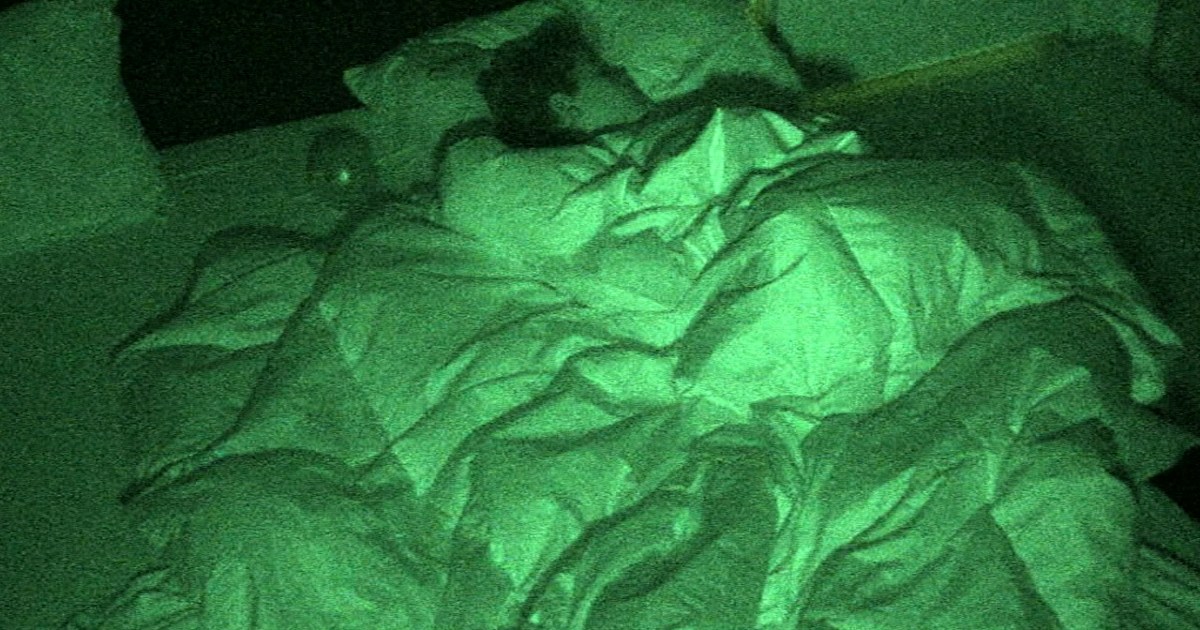jjhoward
Senior Member
- Location
- Northern NJ
- Occupation
- Owner TJ Electric
Working with a homeowner selling their house that was built in the 1940s. 3 bedrooms; 2 on 1st floor, 1 on the 2nd floor, an oil fired boiler in the basement.
There are presently 2 interconnected AC powered detectors on the 1st floor; outside of the 2 bedrooms.
Local fire inspector says we must wire the 2nd floor bedroom with an interconnected smoke detector, but he cannot provide a code reference. He explains that if there is any AC powered detectors in a house, you must maintain that type of detector throughout. He reference the "International Fire Code " (maybe he meant National?)
NJ edition.
Is there a code reference that explains this?
I see DCA states that as of Jan 1 2019, any house built prior to 1977 can have wireless, 10 yr sealed battery detectors. Inspector claims the presence of any AC powered detectors requires all detectors to be wired regardless of the age of the house. A code reference would be great.
Thank you.
There are presently 2 interconnected AC powered detectors on the 1st floor; outside of the 2 bedrooms.
Local fire inspector says we must wire the 2nd floor bedroom with an interconnected smoke detector, but he cannot provide a code reference. He explains that if there is any AC powered detectors in a house, you must maintain that type of detector throughout. He reference the "International Fire Code " (maybe he meant National?)
NJ edition.
Is there a code reference that explains this?
I see DCA states that as of Jan 1 2019, any house built prior to 1977 can have wireless, 10 yr sealed battery detectors. Inspector claims the presence of any AC powered detectors requires all detectors to be wired regardless of the age of the house. A code reference would be great.
Thank you.


